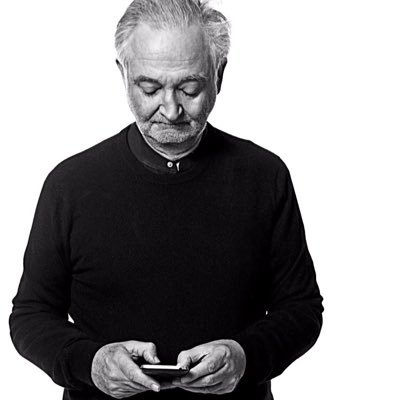One last drink, for the road
I so much wanted to be able to write that the G20 was a total success; I so much wanted to be able, like almost all the commentators, to unabashedly hail many the various tremendous efforts, so that no one will slam the door
The G20, then what?
All is well: the major stock markets are on the rise; banks are explaining that public confidence is up again; the growth of business capital is going better than expected; enormous recovery plans have been put into place. Unfortunately, starting the day after the G20, we will come to understand that no accounts have truly been settled.
Plaidoyer pour l’inflation
La dette s’allégerait, les consommateurs seraient poussés à acheter, la machine économique repartirait.
The Moment of Truth
The solvency ratios of insurers have become very fragile. The insurance sector is not globally regulated, a major natural disaster, a series of bank failures or nationalizations would set off the failure of insurers, which would be even less tolerable than that of the banks.
Free For All?
The editor-in-chief of Wired, Chris Anderson, asserts that with the internet, a new kind of non-paying model has developed that favors the economy of one’s own personal knowledge
Word and deed
To get through the current crisis, nations – like businesses – will have to completely recalibrate their organization.
Jacques Attali répond aux artistes
La loi Hadopi ne protège pas la culture mais les revenus de quelques entreprises. La gratuité des échanges sur le Net ouvre de formidables opportunités.
“The rich borrow and the poor repay” (Coluche)
In a study directed by the economist Jonathan Murdoch, to be published in April 2009, a very concrete, in-depth vision of the world’s poorest workers emerges






